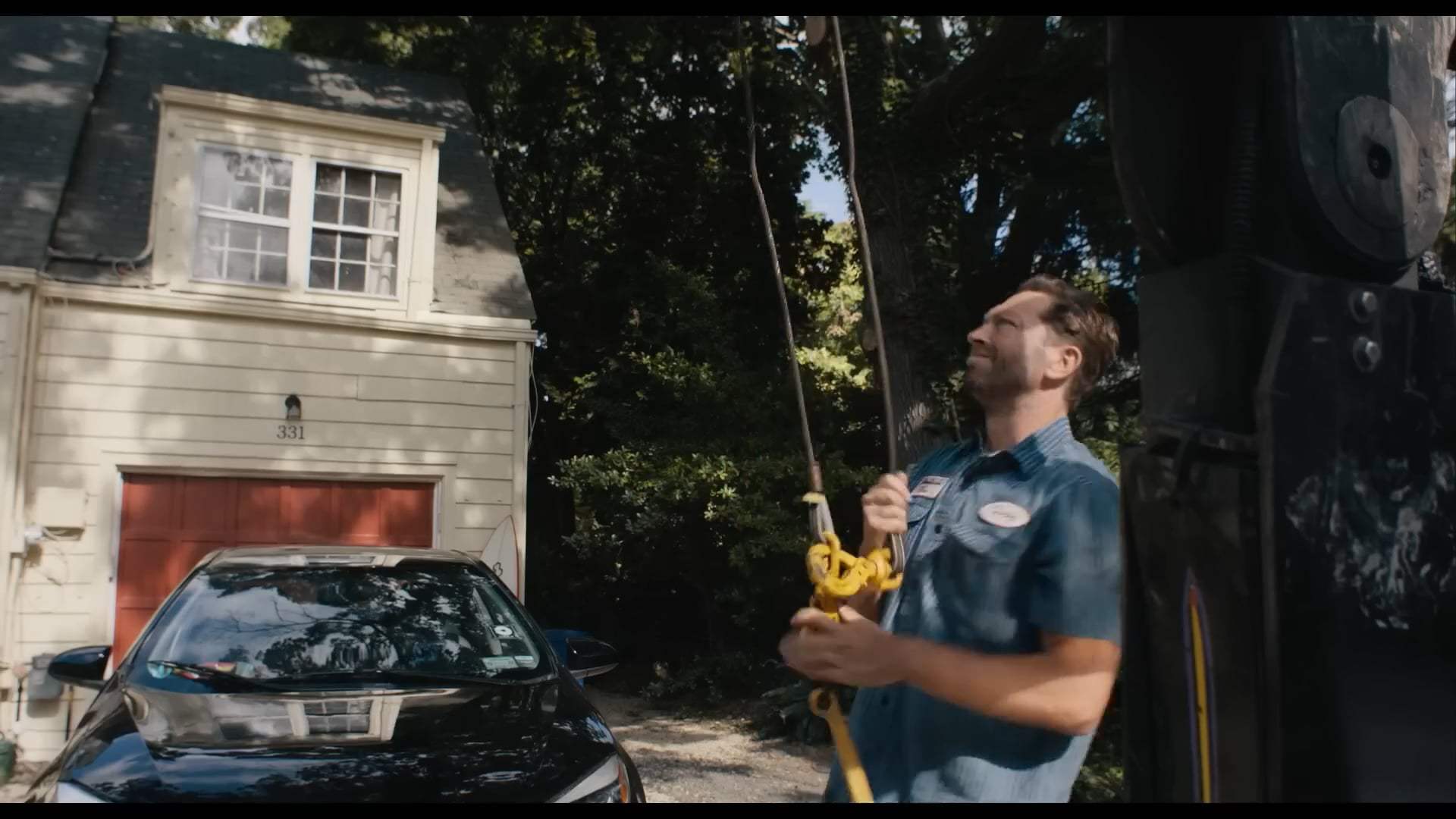Dance music producers Sean and Kevin Brauer are formally pursuing copyright claims for 19 songs they say they worked on for the Brazilian DJ Alok over five years, for which they say they were denied proper credit.
In a filing in a São Paulo civil court last month, the Brauer brothers, who have performed as the dance duo Sevenn, say they want the court to initiate a technical review of the authorship of the releases, which include some of Alok’s better-known songs, including “Favela” featuring Ina Wroldson, Alok and his brother Bhaskar’s “Fuego,” and a remix of Mick Jagger’s “Gotta Get A Grip.”
The songs were produced while the Brauers — who are Brazilian-American dual nationals — were living mostly in Brazil, but their Rio de Janeiro-based attorney Eduardo Senna says that the brothers could decide to shift their copyright claims to a U.S. court as most of Alok’s recorded music earnings come from the U.S. “I am not ruling out taking this case to U.S. jurisdiction,” says Senna.
The filing on May 5, which is an “Action for the Advance Production of Evidence,” a legal step to pursue a copyright claim under Brazilian civil law, asks the court to direct Alok to provide “technical expert evidence in the field of musicology” related to the authorship of the compositions.
The Brauers, Senna says, “participated in some way in all of the songs.”
Kevin and Sean Brauer, who were raised in a walled compound outside Rio as members of the religious movement Children of God, previously told Billboard that from 2016 to 2020 they worked on at least 14 tracks with Alok as unpaid and uncredited producers – and that they were largely responsible for creating the Brazilian Bass sound that Alok named and popularized.
Over those years, Alok emerged as the biggest electronic music act in South America, in terms of his touring fees, social media reach and streaming hits like “Hear Me Now” with Bruno Martini featuring Zeeba.
Senna says that after studying their music production files the Brauer brothers decided to push for an investigation into more tracks than Billboard’s probe pointed to in January.
Included in the discovery action are 13 of 14 songs analyzed by Billboard; “United” by Armin van Buuren, Vini Vici and Alok featuring Zafrir, is not among the 19. (The Brauers previously claimed to Billboard they deserved at least 10% songwriting credit for the track.) Additional compositions include 2020’s “Alive (It Feels Like)” and Alok’s remix of “Piece of Your Heart” by Meduza featuring Goodboys.
The Brauers’ discovery filing also contains the remix of “BYOB,” Alok and Sevenn’s initial collaboration. Senna says it was included “to determine the true percentage of each one’s participation.” Kevin Brauer tells Billboard he wanted it to be considered in “the broader picture of Sevenn ghost producing for Alok” as this “was another case of Alok stamping his name on basically finished work.”
While the court filing contains no estimates about royalties owed, Billboard‘s analysis of Spotify data for 12 of the 14 tracks the Brauers say they received no compensation for showed they would have earned about $263,000 as of January — $223,000 in publishing royalties and another $40,000 in producer’s fees — on Spotify alone. The estimate could grow to more than $1.3 million when royalties from plays at other digital services and radio are taken into account, not to mention global sales.
At the end of the preliminary discovery process in São Paulo, the Brauers will decide which songs to sue Alok for copyright infringement, the lawyer says. The number could end up being less than the 19 listed in the court document. “One of the objectives of this preparatory phase of the process is to avoid making inconsequential, irresponsible demands,” Senna says.
Alok, who has been touring in the U.S. the past two weeks – with shows in Chicago, Brooklyn and at Electric Daisy Carnival in Las Vegas — has yet to be served with the lawsuit and his legal team has yet to file a response in court, Senna says. The Brazilian DJ has broadly denied the Brauers’ claims, telling Billboard that the brothers were “spinning a false narrative” and “trying to portray themselves as victims.”
Alok has not agreed to be interviewed by Billboard. Instead, following publication of the initial article he appeared on Instagram Stories, where he has 27 million followers, for more than 10 minutes to defend his authorship of some songs while refuting claims that he had failed to compensate or credit the Brauers’ properly.
Alok and his lawyer, Robson Cunha, did not respond to request for comment on Wednesday (June 1) about the Brauers’ legal action. In a response to Billboard in April, before the suit was filed, Cunha said “there is no evidence” against Alok and said he had instructed his client not to respond to “these frivolous and baseless attacks.”
The DJ is signed to Warner Music Group’s Spinnin’ Records for recorded music and to Universal Music Publishing Group (as of November). A Warner spokesperson declined to comment on Wednesday.
Alok has portrayed Billboard’s original investigation as an orchestrated effort by Sevenn and his estranged former manager, Marcos “Marquinhos” Araújo, to disparage his image. Araújo, who denies the claim, has since taken over the management of Kevin Brauer, who now tours solo as Sevenn; he also signed a three-year deal in November with William Morris Endeavor for global touring representation. (Alok is also repped by WME.)
Alok says the Brazilian Bass subgenre, though not in name, dates to 2010 — not to Sean Brauer’s initial efforts in 2015 — and that he “championed” the sound in 2012. He also claims Sean’s bass sounds were created using a publicly available preset in music-production software Ableton.
Alok Drops Counter Claim
The Brauers’ copyright action came after Alok in February quietly dropped a counter claim for five tracks he says Sevenn owes him credit and compensation, including “BOOM,” a collaboration with Tiësto, and “BYOB.”
Cunha told the civil court in São Paulo that Alok expected to add the authorship claims for the songs to a pending case in Goiânia, where the two sides have been litigating the rights to “Un Ratito,” a collaboration with Alok, Latin artists Luis Fonsi, Lunay and Lenny Tavárez; and Brazilian singer-actress Juliette.
That has yet to happen. The two sides have been battling over jurisdiction, with Kevin Brauer arguing that the cases should be decided in São Paulo where his action is based on copyright law. Meanwhile, Alok, who lives in São Paulo, has pushed for Goiânia, a city based in Brazil’s interior, where his “Un Ratito” claim revolves around Brazil’s Civil Rights Framework for the Internet, a law passed in 2014 that essentially created a bill or rights for internet users, guaranteeing net neutrality, free expression online and the right to privacy.
After Alok released “Un Ratito” in January, Kevin Brauer claimed he was denied producing credit despite authoring the earliest versions of the song, and that Alok did not consult him about specific publishing splits. Alok, who credited Kevin Brauer as one of 14 songwriters, denies Kevin Brauer was the main author of the final released version of the song and says he replaced musical parts, including Kevin Brauer’s original guitar, with other musicians. Alok’s own legal action against Kevin Brauer asks the court to recognize him as sole creator of “Un Ratito” and award him damages totaling just over 1 million reais ($210,000).
After Kevin Brauer requested takedowns of “Un Ratito” on the major streaming services, YouTube complied initially, before a Brazilian judge ordered the video streamer to allow it to be restored.
In their filing last month, the Brauers say that in the days leading up to the publication of Billboard’s initial investigation, Alok’s legal team filed two actions, including the copyright counter suit and another involving a contract dispute with artist management company Artist Factory, essentially to try to blunt the impact of the coming Billboard story.
On May 13, a week after their legal filing, the Brauers’ mother, Jodie Brauer, who raised eight of her nine children in the cult-like religious community in Rio, died “peacefully in her sleep” to pancreatic cancer in Paso Robles, Calif., listening to Radiohead and The Beatles, with eight of her children “holding her hand,” Kevin Brauer says.
Kevin Brauer has since taken to the road as Sevenn and is touring in Brazil, the U.S. and Mexico. Alok also has a full touring schedule over the next two months, including a weekly residency at Hï nightclub in Ibiza starting in July and a slot at Tomorrowland in Belgium.
“Our goal now is to come to a fair agreement and to have an official response to the allegations Alok made against Sevenn, which are still circulating even though he backed them up with not much more than a charming smile,” says Kevin.








![‘South Park: The Streaming Wars’ Ending — [Spoiler] Returns In Special ‘South Park: The Streaming Wars’ Ending — [Spoiler] Returns In Special](https://tvline.com/wp-content/uploads/2022/06/south-park-streaming-wars-recap.jpg?w=620)









:quality(85):upscale()/2024/05/14/838/n/1922564/c9dac6a36643b69187cdc7.51696530_.jpg)





![Brilliant Minds Boss on if [Spoiler] Will Return Post Shocking Season 2 Exit Brilliant Minds Boss on if [Spoiler] Will Return Post Shocking Season 2 Exit](https://www.comingsoon.net/wp-content/uploads/sites/3/2026/01/Brilliant-Minds-S2.jpg?resize=1200,630)



